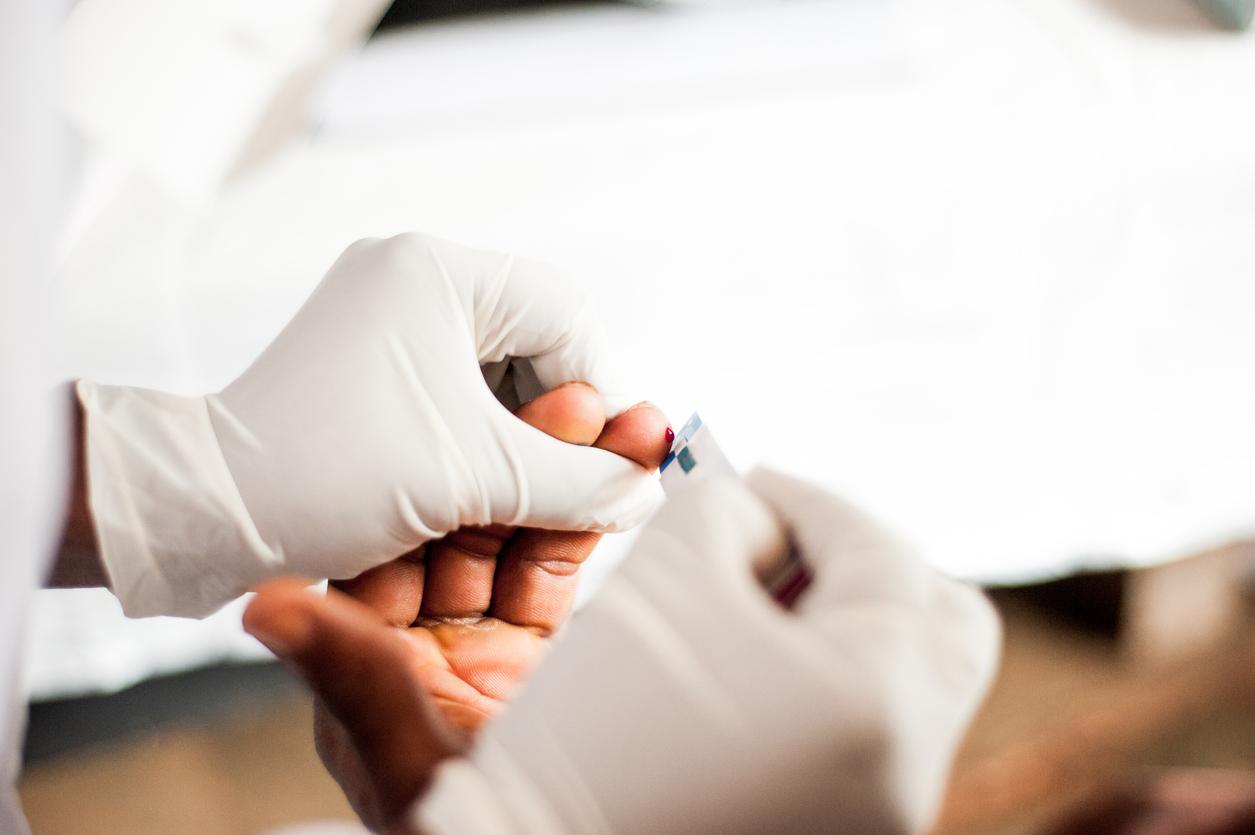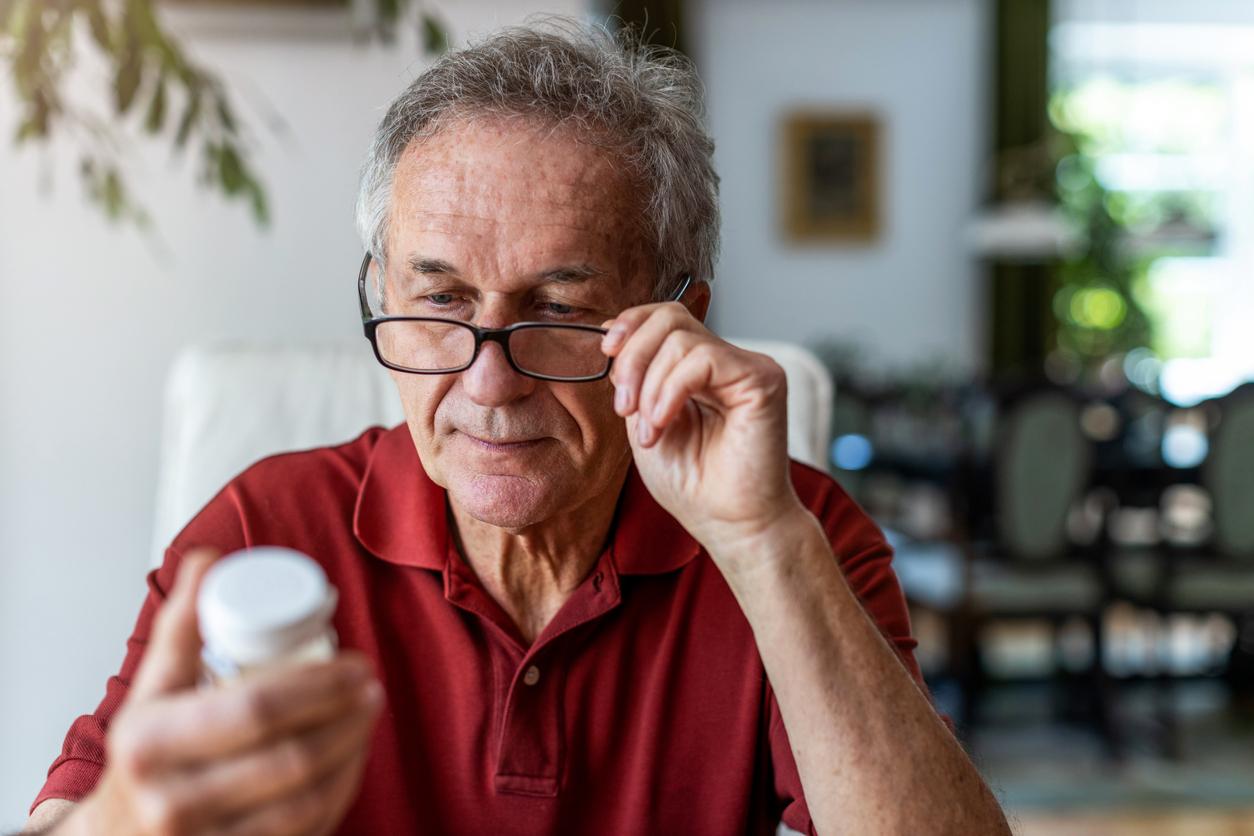
Addictive or not?
We often take sleeping pills and tranquilizers for longer than is good for us. And sometimes antidepressants just don’t last long enough. How do you find out what’s best for you?
Sleeping and sedatives called benzodiazepines are addictive if you take them daily. Sleeping pills already after fourteen days. Sedatives – because they are absorbed more slowly – only after eight weeks. Doctors are allowed sleeping pills therefore only prescribe for two weeks and tranquilizers for two months at the most.
Risks
Yet many people take them for much longer than is good. In 2012, 1.6 million Dutch people received a benzodiazepine at least once through the pharmacy, according to figures from the Foundation for Pharmaceutical Statistics. It is estimated that a quarter to a third of them use the drug chronically. That’s at least 400,000 people.
“Most have a period of stress or experienced grief,” says social worker Marielle Brenninkmeijer of Tactus Addiction Care. “They got a sedative or sedative from their GP and before they knew it, they couldn’t do without it anymore.”
Those who want to kick the habit of sleeping pills or sedatives can go to institutions for addiction care in every city and region. drug addiction can also be done online. Marielle Brenninkmeijer guides patients who undergo an internet treatment (www.benzodebaas.nl) want to stop taking benzodiazepines.
Half of her patients have been using these drugs for more than ten years. That is not without risk. Although it is barely noticeable, sleeping pills and sedatives affect the memory and the ability to concentrate. This can lead to traffic accidents, for example. The risk of falls and fractures is also one and a half times greater. This is because benzodiazepines relax the muscles.
Antidepressants
It is crystal clear for how long doctors can officially prescribe them for sleeping pills and tranquilizers: a maximum of two weeks (sleeping pills) to two months (sedatives). But how long can you antidepressants to swallow? That is unfortunately not so clear.
Who really needs them, who doesn’t, for how long can you use them: that turns out to be very difficult to fathom. As a result, some people who could benefit from them don’t use them and others who don’t use them, sometimes for far too long.
Depressed again
In the Netherlands in 2012, 1.1 million people received an antidepressant from the pharmacy at least once, according to the Foundation for Pharmaceutical Statistics. It is not known how many people use the drug rightly or wrongly. What do we know?
“In patients with mild or moderate depression antidepressants hardly work any better than a fake drug or placebo,” says Prof. Dr. Claudi Bockting, psychotherapist and adjunct professor of clinical psychology at the University of Groningen. Bockting: “Years ago it was already shown that cognitive behavioral therapy is more useful for these patients in most cases. is. Only for people with recurrent major depression, who have previously responded well to antidepressants, does it make sense to keep taking them.”
In the case of depression, it is recommended not to stop taking the pills until six months after recovery. That is, when it comes to the first depression. If someone becomes depressed again, the advice is to take another one and a half to two years after the recovery from that new depression. The chance that you will become depressed again after one depression is 50 percent. After two depressions, the chance is 70 percent. And after three 90 percent.
In practice, many depressed patients continue to take their pills for life. Doctors often prescribe them for a long time to prevent a new depression. Yet many patients stop taking their antidepressants earlier than is sensible. As many as three quarters of people with multiple depressions stop too early, or take the medicines so irregularly that the effect is lost.
unpredictable
The above figures are based on studies with large groups of patients; they are averages. “But ‘the average patient’ doesn’t exist,” says Claudi Bockting.
“That is why it is also possible that someone with major depression will not benefit from antidepressants. And someone with mild depression will benefit. And not everyone with mild depression will help. cognitive behavioral therapy good. And sometimes people can function well without medication even after multiple depressions. In short, you have to look for the best treatment for every patient.”
How can you safely stop or continue taking these drugs? A few tips in a row.
Sources):
- Plus Magazine















